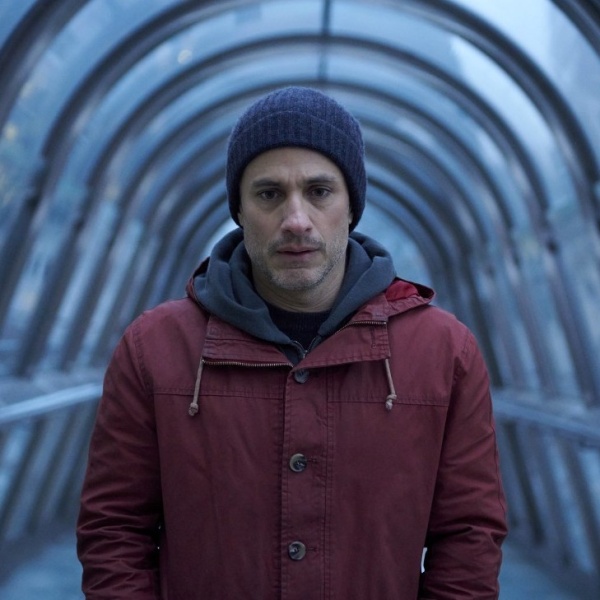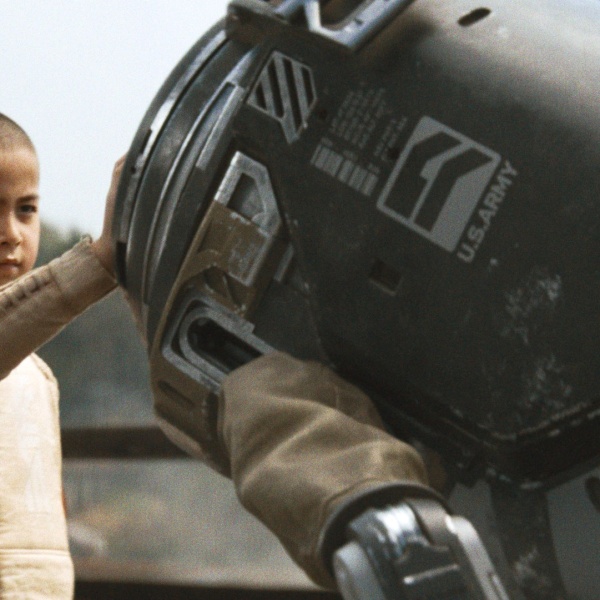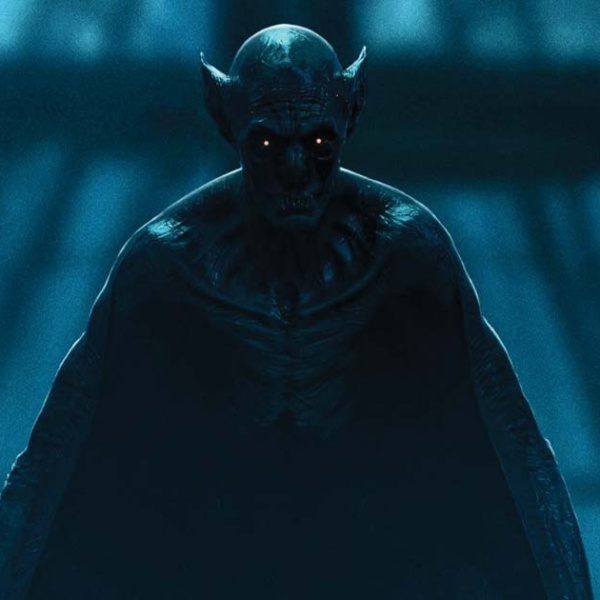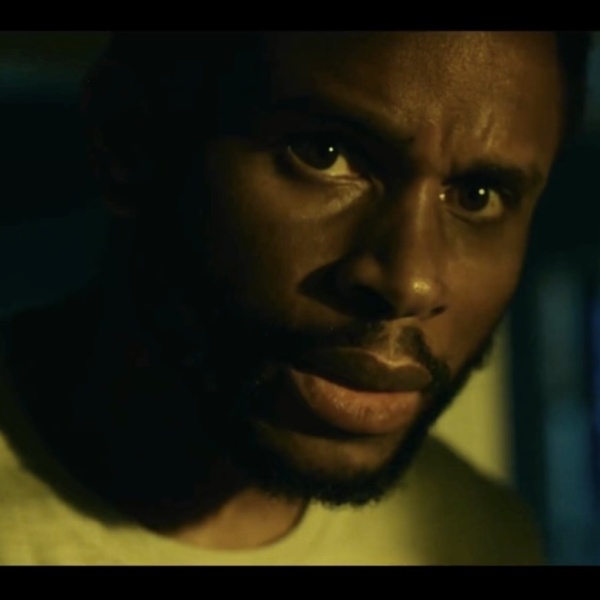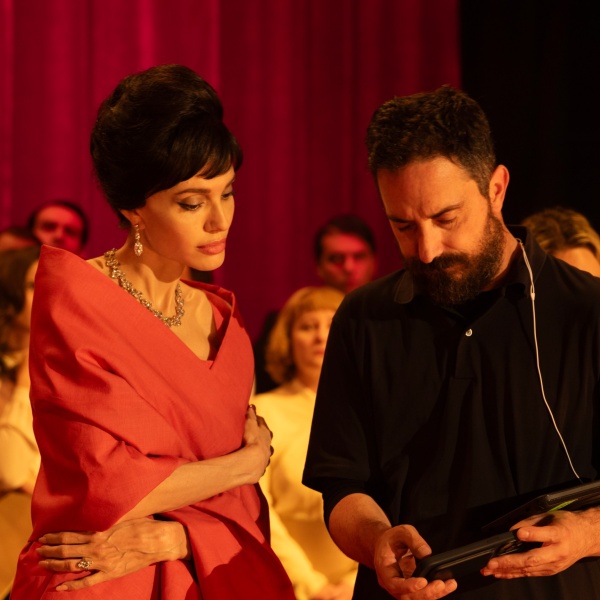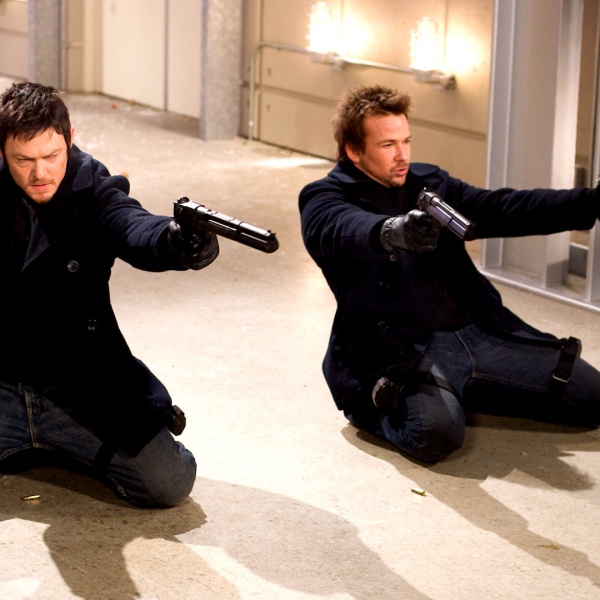Now approaching her fourth decade in the film industry, Amy Heckerling admits to not previously considering the possibility of a retrospective to show off her films. That is, until New York City’s newly opened Metrograph theater approached her about a weekend-long look back at her work. “I never thought about it,” she said. “‘Oh, is that what you do when you retire and crap?’”
Heckerling is, thankfully, not retiring any time soon. The filmmaker behind such modern classics as “Fast Times at Ridgemont High,” “Clueless,” and “Look Who’s Talking” has seen a career punctuated by some high highs and very low lows, a few of which almost ended her time in entertainment for good.
But Heckerling is nothing if she’s not resilient, and it’s been both her ability to bounce back and her sometimes stubborn desire to do things her way that have kept her making movies (and TV, and maybe even a musical, and plenty more on the horizon).
Indiewire recently sat down with Heckerling at the Metrograph to talk about why she never considered a retrospective until now, the one movie that almost ended her career and why sticking to her guns has panned out.
The “European” Disaster
One film not being screened as part of the retro? Her third feature, 1985’s “National Lampoon’s European Vacation,” which she’s previously named as her least favorite of her films, and one that landed her in “director jail” after it was roundly bashed by critics.
“I feel like you’re not supposed to bad-mouth your own stuff, because you’re the director. You should take blame for everything, you know? So, I take the blame for Chevy Chase and everything else,” she continued.
Part of the problem might have been Heckerling’s motivations for even accepting the job to begin with, a decision she admits was mostly born from fear. “I was editing ‘Johnny Dangerously,’ and we had a screening, and the numbers weren’t good. I know that women don’t get second chances, so I said, ‘Well, I can’t go around having a movie that isn’t doing well, so I have to have something that’s in the works.’ It was like, ‘What is going to do well?’ A sequel to something Harold Ramis did, who was a genius. I liked the concept of the script, American idiots running around destroying Europe.”
“Everything that could go wrong, did go wrong,” she continued. “The theory that I had really didn’t hold up, [which] was that you could be a female [filmmaker] and could do something that makes money, but they still could say, ‘We don’t like it.’ You could go, ‘Well, I don’t like it either,’ but that doesn’t count. That was that.”
“I Don’t Know If You Remember ‘The Whoopee Boys’…”
After her experience with “European Vacation,” Heckerling wasn’t too excited to get back to work. The birth of her daughter, Mollie, both distracted her and, in her own words, “saved” her. And while she says she wasn’t necessarily prepared to walk away from the industry wholesale, she wasn’t too thrilled with the options made available to her.
One of those was “The Whoopee Boys,” a Paramount Pictures project that attempted to launch Paul Rodriguez and Michael O’Keefe as a brand-new comedy duo in the vein of Abbott and Costello.
“I don’t know if you remember ‘The Whoopee Boys,’” Heckerling laughed. “You couldn’t possibly, because you weren’t working at Paramount in 1984. Why would you even know it? They thought, ‘We’re going to put together a comedy team, like Laurel and Hardy, Abbott and Costello, called The Whoopee Boys. Then, we’ll make a series of movies with The Whoopee Boys.’”

From the get-go, Heckerling was not enthused with the script by Steve Zacharias, Jeff Buhai and David Obst. “I read the script. I was home, breastfeeding, and thought, ‘This is all I can do?’ I was pretty much like, ‘Oh, God.’”
“I was grateful that they were offering me something, but I was like, ‘So, this is where I’m at.’ I had worked really, really, really, really, hard to get together the money, to go to film school, to get my films out of the labs when that was a big expense and an issue, and to have all these jobs, and make little films,” she remembered.
Heckerling turned down the film, which was ultimately directed by John Byrum and made barely a half-million dollars at the box office. It was the fourth – and last – film that Byrum ever directed for a studio. The Whoopee Boys did not become a comedic duo on par with anyone, least of all Laurel and Hardy or Abbott and Costello.
The filmmaker decided then that if she was going to say in the filmmaking world, she had to lay down one major rule: “I said, ‘I don’t care. I will leave and never do this again, or I will, but I’m writing my own shit, and not putting up with this crap anymore.’ So, that was that.”
That rule also meant that Heckerling refused to be boxed in by the expectations heaped on female filmmakers. “I knew that I didn’t want to be a ‘female’ director doing ‘female’ projects, because there’d be damn few of those. Everybody I know would be competing for them, and anybody that messed up would reflect on all of us,” she said.
Doing Time in Director Jail
Heckerling’s choice had consequences, of course, and she didn’t direct another feature until almost four years after “European Vacation” bombed. She’s spoken candidly in the past about being in “director jail” and how much harder it is for women to break out than men.
“It’s very hard to,” she said. “But it always was. It’s, what is it, Ginger Rogers? ‘You can’t just dance with Fred Astaire, you’ve got to do it in a long dress and high heels and backwards.’”
Perhaps the worst part of being in so-called director jail is having to prove yourself all over again, a task that’s often much harder for women in the industry. “It doesn’t matter what you think you are,” Heckerling said. “You are what they want to tell you [that] you are.”

“I had one producer that said to me, ‘Well, maybe that’s how you do things in your little high school movies,’” she remembered. “Shut up! You know, what can you say?”
“The world’s always going to tell you no. You need that little voice inside you that goes, ‘Smack them off!’ It’s hard to think of grabbing a spear and going out there, but, fuck it. Do it,” Heckerling said.
“You just go, ‘Here’s what I want to be doing. What are the ways that I can go do that?’ Sometimes, it works. Sometimes, it doesn’t. It ain’t over until the fat lady sings. It’s like, you just keep going,” she added.
It was that exact attitude – and a desire to do the work she wanted to do – that allowed Heckerling to finally break out of director jail.
Not a Rom-Com (Anything but a Rom-Com)
Her next project, though rooted in her desire to tell a story about mothers and children, was packaged as a comedic star vehicle with two big roles for men. At its heart, 1989’s “Look Who’s Talking” is a film about a single mom trying to find a man who is good enough for both her and her baby, but with addition of stars like John Travolta and Kirstie Alley and a gag like “the baby talks!,” it was the kind of easy-to-package project that studios embraced.
For Heckerling, however, it was definitely not a “rom-com,” a word she admits she hates. “It’s just, rom-com, I don’t know. If you talk about films in that genre, I don’t like any of them. Maybe that’s what I do, but I don’t think that.”
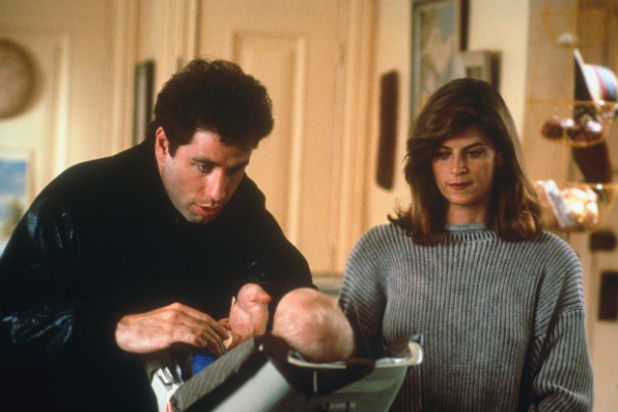
The success of both “Look Who’s Talking” and its swift sequel “Look Who’s Talking Too” put Heckerling back on track, and she followed them up with her teen classic “Clueless,” the studio comedy “Loser” and a pair of passion projects in the form of “I Could Never Be Your Woman” and “Vamps.” But while Heckerling did get out of director jail and go on to make the film she was passionate about, it’s still not smooth sailing for the filmmaker.
Turning to Television
Heckerling, who previously helmed episodes of shows based on her films “Fast Times at Ridgemont High” (which lasted just one season as “Fast Times”) and “Clueless” (which lasted three), has recently been directing more and more in the television realm, including “Gossip Girl” and “Red Oaks.”
It’s a different, if not always brave, new world for Heckerling.
“I’m not thrilled. It’s interesting,” Heckerling said when asked about her recent TV works. “It’s more of a puzzle than the thing that will make your heart burst if you don’t get to do. That’s a different mentality. You go, ‘Let’s see. What can I do to make these people happy? What are they trying to do? Can I fit into that kind of a…’ It’s a different mindset.”
Still, Heckerling relishes being back on a set and making things alongside a cast and crew. “It’s fun when you go, ‘Oh, there’s a crew. Now, we get to hang and talk and do stuff together and joke around.” Yeah, I kind of like that.”‘
“Well, You Know, Broadway…”
Few things are as indelibly Heckerling than her 1995 high school classic “Clueless,” and the director continues to hammer away at a musical adaptation of the beloved teen film.
“I wrote the book and the lyrics. I never did anything like that before. It’s so much fun, it’s so slow,” Heckerling said.

“It will probably come out when I’m 90,” she laughed. “I just saw a ‘Romy and Michele’ read-through. I was talking to Robin Schiff, who wrote it. It was like, ‘So, this is 10 years,’ and I’m going, ‘Oh, kill me now!’ People go, ‘Yeah, well, you know, Broadway.’”
But that hasn’t deterred Heckerling from considering the possibility that she could give the musical treatment to other films. “I’m kind of feeling like I want to do that with other projects. There’s other movies, not mine, I’m going, ‘Oh, my God. Could this sing?’ ‘Could that sing?’ You’re going, ‘Yeah,’” she said.
“This Is True.”
Heckerling’s next big film project, however, sounds like it’s about as far removed from a “Clueless” musical as possible. While the filmmaker was reticent to share too many details about the film, she did say, “I finally have found something that’s so insane. It’s like, you could see how it could be the worst thing ever made, or something that nobody’s ever seen. I can only work on it really, really, late at night, when there’s absolutely no other voices in the universe, because they’ll just say bad stuff.”
Although she wouldn’t share too many details, the film does appear to be historical in nature. “It’s something that takes a lot, a lot, a lot, of research. I’ve been reading, and reading, and reading, and every day, I’m like, ‘Oh, my fucking God, that happened, and they did that and that?’ You almost think like, while you’re writing it, you want to have a thing flashing on the screen going, ‘This is true,’” she said.
One other big clue about what the filmmaker is working on next? Heckerling had hit up the Criterion Collection offices earlier on the day we spoke to her, and when asked to share which Blu-rays and DVDs she had picked to take home with her, she pulled out a copy of Claude Lanzmann’s Holocaust documentary “Shoah,” and said, “This relates to what I’m writing. I’ll just say that.”
The Creative Impulse
A big-time cinephile in her own right, Heckerling was only too happy to share the rest of her Criterion haul, which included films as diverse as David Cronenberg’s “Naked Lunch,” Federico Fellini’s “I Vitelloni” and Charlie Chaplin’s “City Lights” (she already owns a copy, she said, this one was for her dear friend and fellow director Martin Brest). It was her final pick, another Fellini, that really got her going, though.
“This is the best thing about the creative impulse,” she said, holding up a copy of “8 ½.”

“What I love about it that it’s got the two sides. There’s the critic who’s saying, ‘I don’t know why you want to do this. It’s self-involved. It’s not telling a story. There’s great images, but what’s the point?’ Then, him wanting to do something. He has one of my favorite sayings about being creative, I have nothing to say, but I want to say it anyway,” Heckerling said.
“Everybody’s mad at the end. The critic says, ‘Sometimes, it’s the job of an artist to say, no, there’s too much junk in the world.’ Try telling that to your agent,” Heckerling laughed. “Then, at the end, what does he want to do? The little kid wants to lead everybody in a big dance and all the people in his life. Then, there’s the director with the bullhorn leading them all around.”
“There’s that two-part thing. Is every piece of thing that comes into your head something that should be something? Sometimes, you have to look back and go, ‘Hmm.’ That’s a big conflict,” Heckerling said. “You don’t want to kill everything. You want to keep that little flame alive. You don’t want to put more junk into a world full of junk. How do you do that? Are you even the right one to know?”
Metrograph’s A Weekend With Amy Heckerling series runs this weekend, May 14-15. Find out more information here.



